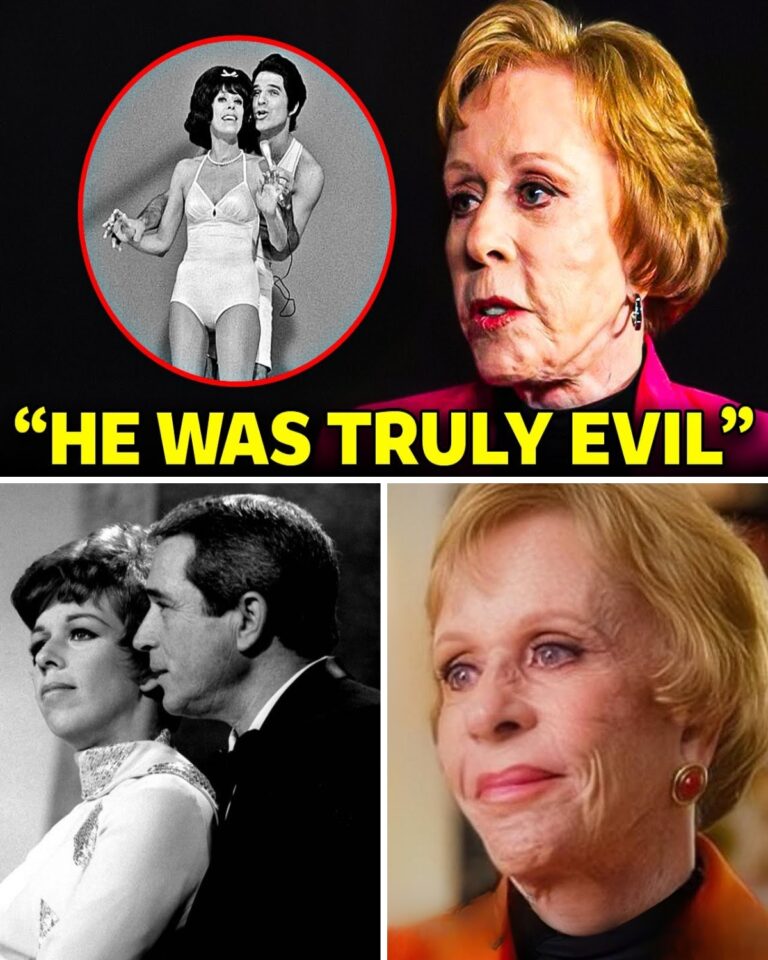Ron Howard, the beloved actor-turned-director who charmed generations as young Opie Taylor on The Andy Griffith Show, has stunned fans by revealing a long-guarded secret: there is one specific episode he filmed in 1960 that he refuses to watch — even more than sixty years later. The admission has rippled across Hollywood, given the episode’s reputation as one of the most emotionally powerful moments in classic television.

Howard was only six years old when he was asked to portray deep grief and heartbreak in a storyline that pushed him far beyond the emotional understanding of a child. What audiences saw as a tender, beautifully acted performance was, for Howard, something far more raw and unsettling. The lines between acting and reality blurred, leaving emotional scars that lingered long after the cameras stopped rolling.
“I remember crying during the scene — not acting crying. Real crying,” Howard shared quietly in a recent interview. “I didn’t understand the difference yet. I just felt sad, and when they yelled ‘cut,’ I didn’t know where to put all those feelings.”
Despite the episode’s place in TV history, Howard has never revisited it. Not once. The reason is deeply personal: the episode did not feel like storytelling — it felt like a genuine emotional rupture captured on film. The young actor confronted emotions far too heavy for someone his age, and he had no tools to process the weight of what he was performing.
Even Andy Griffith, who became a guiding force in Howard’s early career, later admitted the episode had demanded a level of vulnerability that no child should be expected to navigate. Griffith tried to comfort him afterward, but the experience had already etched itself into Howard’s memory as something he could not fully comprehend at the time.
As Howard grew into one of Hollywood’s most respected directors, that childhood moment remained a private wound — a reminder of the emotional cost children often pay in an industry that prizes authenticity above all else. Now, he sees that episode as both a defining lesson and a cautionary tale.
“It was just too close to home,” he said. “It taught me empathy, and it taught me how powerful storytelling can be. But it also taught me something about my emotional limits — limits I didn’t know existed.”

For decades, fans have wondered why this particular piece of television nostalgia seemed to disappear from Howard’s personal reflections. Now, the truth stands unfiltered: the episode is not just a piece of his career — it is a piece of his childhood he’s unwilling to relive.
In a business built on illusion, Ron Howard’s revelation is a stark reminder that some performances — especially from children — are more than entertainment. They are emotional imprints, capable of reaching across decades, long after the applause fades and the cameras stop rolling.
https://youtu.be/QeNdsIq4mnc






